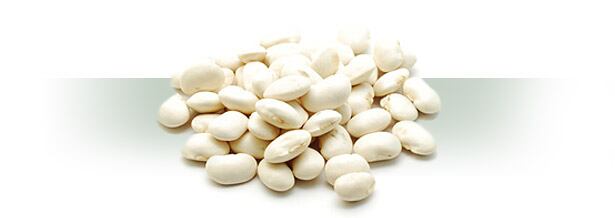The firm was “surprised and disappointed” by the latest scientific rebuff, which came after dialogue with the agency during stop-the-clock procedures in the assessment process.
The company will respond with, "a number of areas of concern regarding the EFSA assessment itself”, Clasado said.
PR Neil Hunter told us “eyebrows had been raised” and the company would respond in the 30-day period for comments afforded to applicants after EFSA’s Panel on Dietetic Products, Nutrition and Allergies (NDA) hands down its verdicts.
Clasado believed it had a strong chance to win the EU’s forst prebiotic health claim due to the presence of a new, unpublished intervention trial involving more than 400 subjects across four European nations.
Too subjective?
But theNDA said the gut health assessment methods were too subjective.
“…a combined measure of efficacy which would indicate whether the intervention provided adequate relief of symptoms of gastro-intestinal discomfort, was not assessed, and that measures of individual gastro-intestinal symptoms through validated questionnaires may only be used as supportive evidence for the scientific substantiation of health claims on the reduction of gastro-intestinal discomfort,” the panel said.
Bimuno is Clasado’s trademarked transgalactooligosaccharide.
The opinion can be found here.
White kidney bean & weight loss

Also rejected by EFSA this week was a submission from InQpharm Europe in the UK linking white kidney bean (Phaseolus vulgaris L.) and weight loss. Four human intervention trials did not sway the NDA which concluded of the key study that while it showed a weight loss effect, it was, “at risk of bias.”
It added a supporting study, “suffered from methodological limitations and that no evidence was provided for a mechanism by which the standardised aqueous extract from white kidney bean could exert the claimed effect.”
That opinion is here.
DoubleBad
Swedish firm DoubleBad was also rejected for a submission for a insulin response influencing formulation containing L-threonine, L-valine, L-leucine, L-isoleucine, L-lysine and chromium picolinate.
Double Bad said the blend could stimulate, “insulin release via the insulinogenic properties of the amino acids in the food”.
The NDA said, “the evidence provided by the applicant does not establish that a reduction in post-prandial glycaemic responses achieved by an increase in insulin secretion is a beneficial physiological effect for the target population in the context of this application.”
The opinion is here.
